Recently, North Korea launched an intercontinental ballistic missile (ICBM) into the sea area east of the Korean Peninsula.
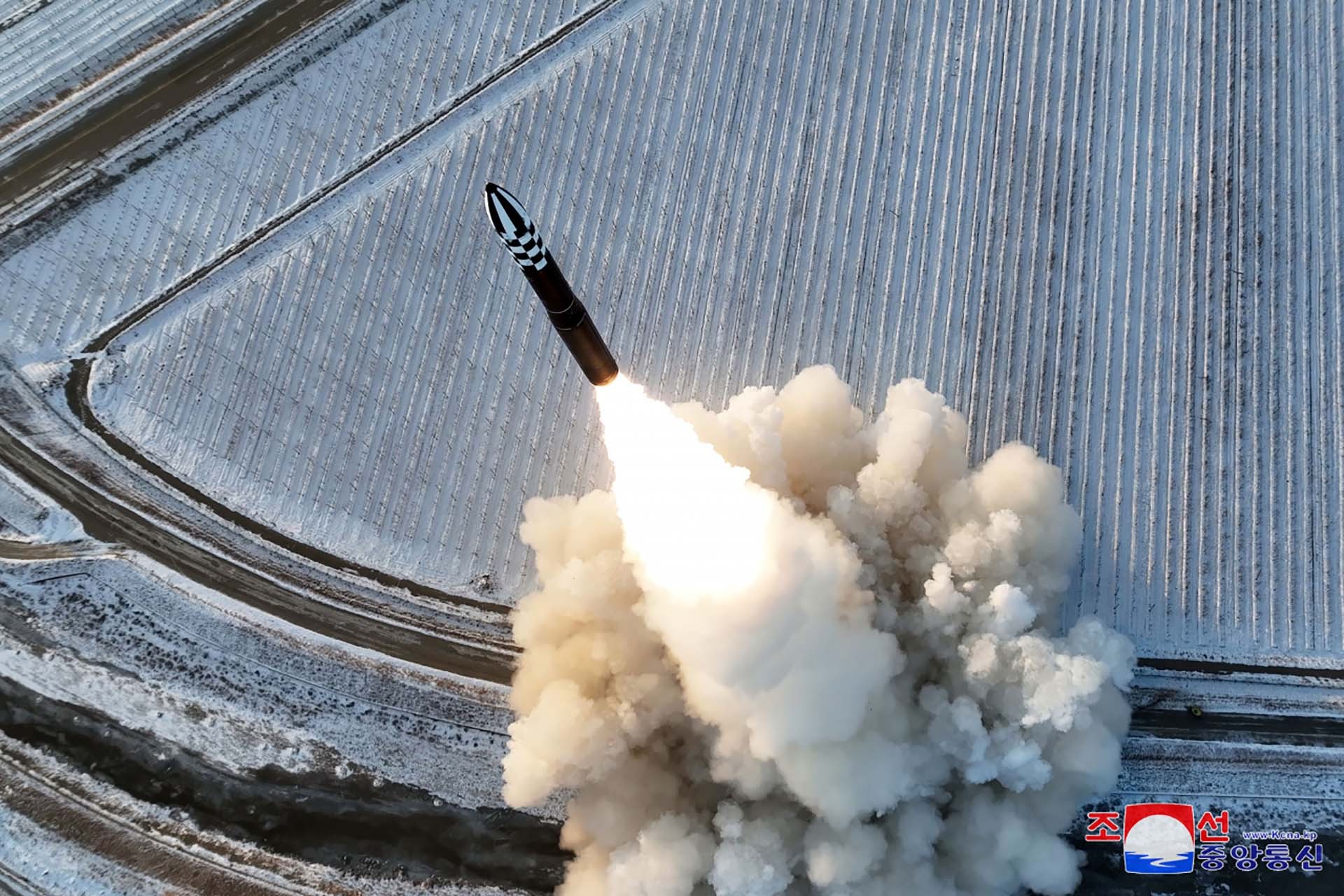 |
| North Korea's December 18 ICBM launch sent many messages. (Source: KCNA) |
Yonhap News Agency (South Korea) reported on December 18 that the North Korean missile was launched at a high angle and flew about 1,000 km at a maximum altitude of 6,000 km. According to NHK (Japan), the North Korean missile fell into the sea outside the country's Exclusive Economic Zone (EEZ) and caused no damage.
According to Yonhap , this ICBM is capable of flying more than 15,000 km if launched at a normal angle (ie from 30 degrees to 45 degrees). Meanwhile, the Japanese Ministry of Defense said that in theory, this North Korean missile is capable of directly attacking Washington.
At a National Security Council meeting later, South Korean President Yoon Suk-yeol said that “any North Korean provocations against our territory and people must be responded to strongly and immediately.” He stressed the need to cooperate with the international community to criticize and prevent nuclear activities, while strengthening nuclear consultations with the United States and strengthening nuclear deterrence against Pyongyang. A US State Department spokesman criticized the ICBM launch as “a new violation of Security Council resolutions.” Japanese Prime Minister Kishida Fumio “strongly condemned” North Korea’s launch.
This is North Korea's fifth ICBM launch this year. Notably, the day before, Pyongyang launched another short-range missile into the Yellow Sea. This makes 2023 the year with the most ICBM launches by North Korea. So what is the message behind this missile launch?
First , the launch confirms progress in the development of its missile technology. North Korea expert, Professor Park Won Gon of Ewha Womans University (South Korea), said that this missile could be the “Hwasong-18” (using solid fuel). It is likely that the country continues to seek to improve the Hwasong-18, especially in the technology “to safely re-enter the atmosphere”.
Second, this is a warning from North Korea to the US, South Korea and Japan. Accordingly, this launch by North Korea is believed to be in protest of the decision to hold a Nuclear Consultative Group (NCG) meeting organized by the US and South Korea last week, as well as actions to deal with North Korea's nuclear and missile programs. December 17 is also the 12th anniversary of the death of the late leader Kim Jong Il (father of Chairman Kim Jong-un). Therefore, the ICBM launch may be aimed at demonstrating defense capabilities and strengthening the spirit of solidarity of the people.
Finally, it is Pyongyang’s way of emphasizing its ties with Beijing, amid calls from some countries for China to exert influence over North Korea. The launch took place while North Korean Vice Foreign Minister Pak Myong Ho was visiting China. He is the first and most senior Pyongyang official to visit Beijing since the two countries recently resumed delegation exchanges.
Speaking to Foreign Minister Wang Yi, he made it clear that Pyongyang would continue to strengthen relations with Beijing to “safeguard common interests.”
In response, Mr. Wang Yi affirmed: “Amid the many violent changes in the international arena, China and North Korea continue to maintain solidarity and strongly support each other.” The Chinese foreign minister said that Beijing and Pyongyang will always “support and trust each other” in the face of the “turbulent international situation.” At the same time, he stated: “China always views China-North Korea relations from a strategic and long-term perspective and is willing to work with North Korea to strengthen communication and coordination, and enhance exchanges and cooperation in various fields.”
Therefore, China's response to North Korea's ICBM launch was also relatively cautious. Chinese Foreign Ministry spokesman Wang Wenbin affirmed that Beijing "noted the new developments", but made it clear that "the Korean Peninsula issue is complex and delicate". According to him, "military deterrence and pressure", referring to the deployment of US nuclear-powered submarines, US-South Korea joint military exercises and the organization of the NCG, would aggravate the situation. This is probably the reaction and message that North Korea has always wanted from the launch.
Source


![[Photo] National Assembly Chairman Tran Thanh Man meets with outstanding workers in the oil and gas industry](https://vstatic.vietnam.vn/vietnam/resource/IMAGE/2025/4/17/1d0de4026b75434ab34279624db7ee4a)
![[Photo] General Secretary To Lam receives French Ambassador to Vietnam Olivier Brochet](https://vstatic.vietnam.vn/vietnam/resource/IMAGE/2025/4/17/49224f0f12e84b66a73b17eb251f7278)
![[Photo] Closing of the 4th Summit of the Partnership for Green Growth and the Global Goals](https://vstatic.vietnam.vn/vietnam/resource/IMAGE/2025/4/17/c0a0df9852c84e58be0a8b939189c85a)

![[Photo] Promoting friendship, solidarity and cooperation between the armies and people of the two countries](https://vstatic.vietnam.vn/vietnam/resource/IMAGE/2025/4/17/0c4d087864f14092aed77252590b6bae)
![[Photo] Nhan Dan Newspaper announces the project "Love Vietnam so much"](https://vstatic.vietnam.vn/vietnam/resource/IMAGE/2025/4/17/362f882012d3432783fc92fab1b3e980)
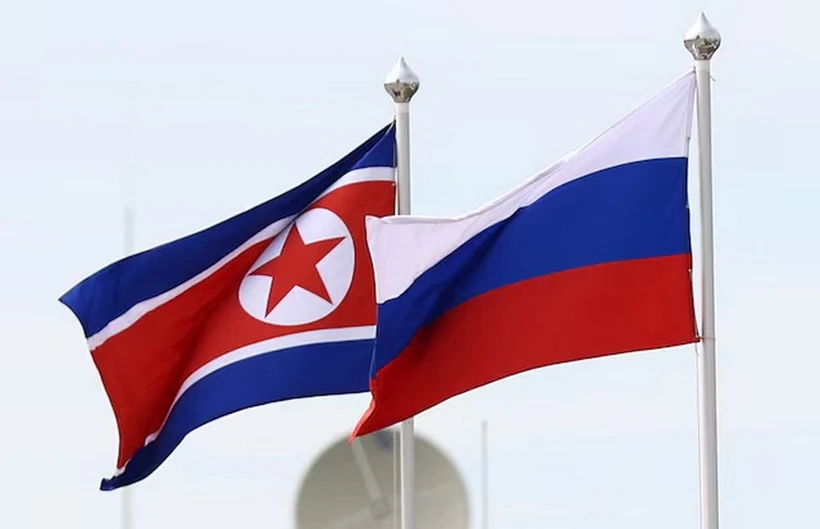




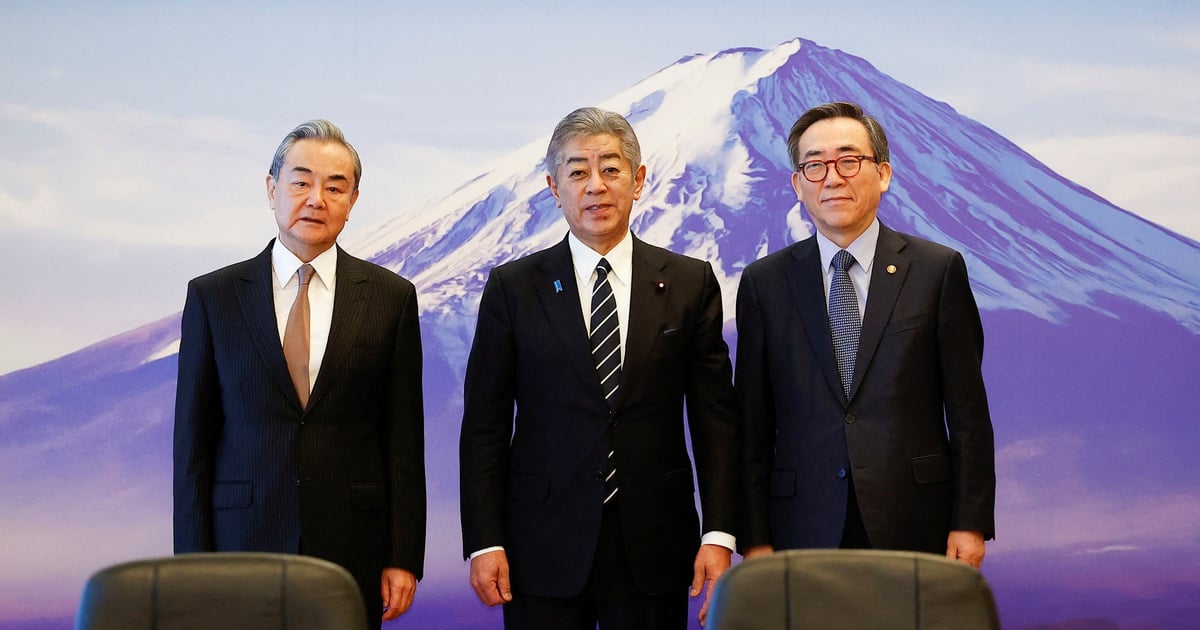

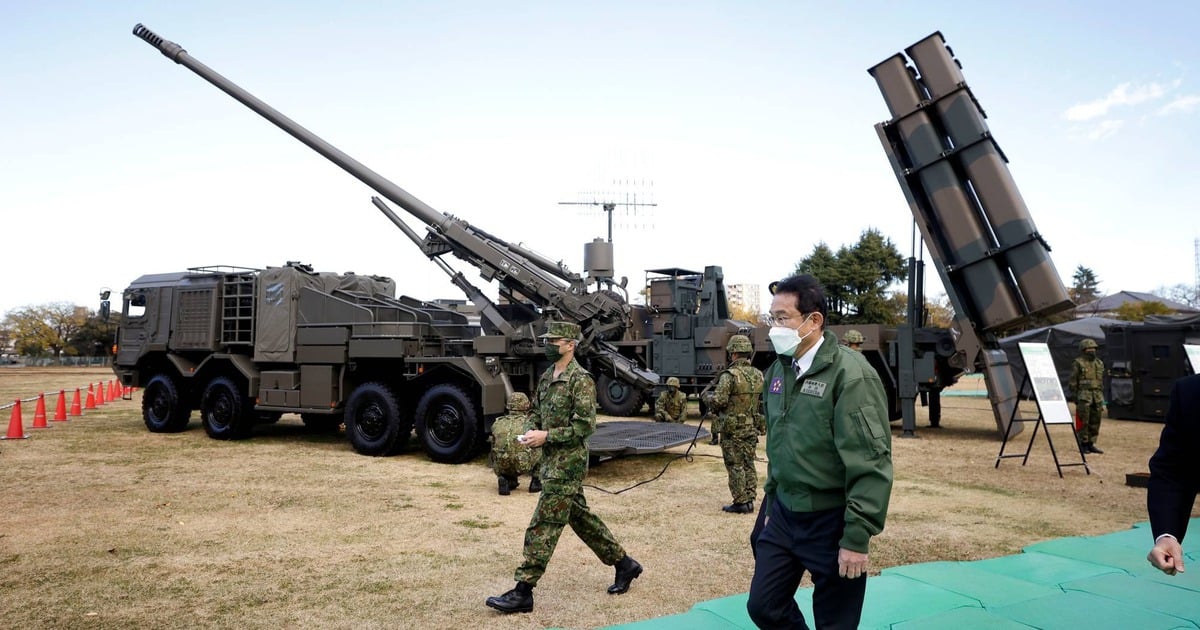
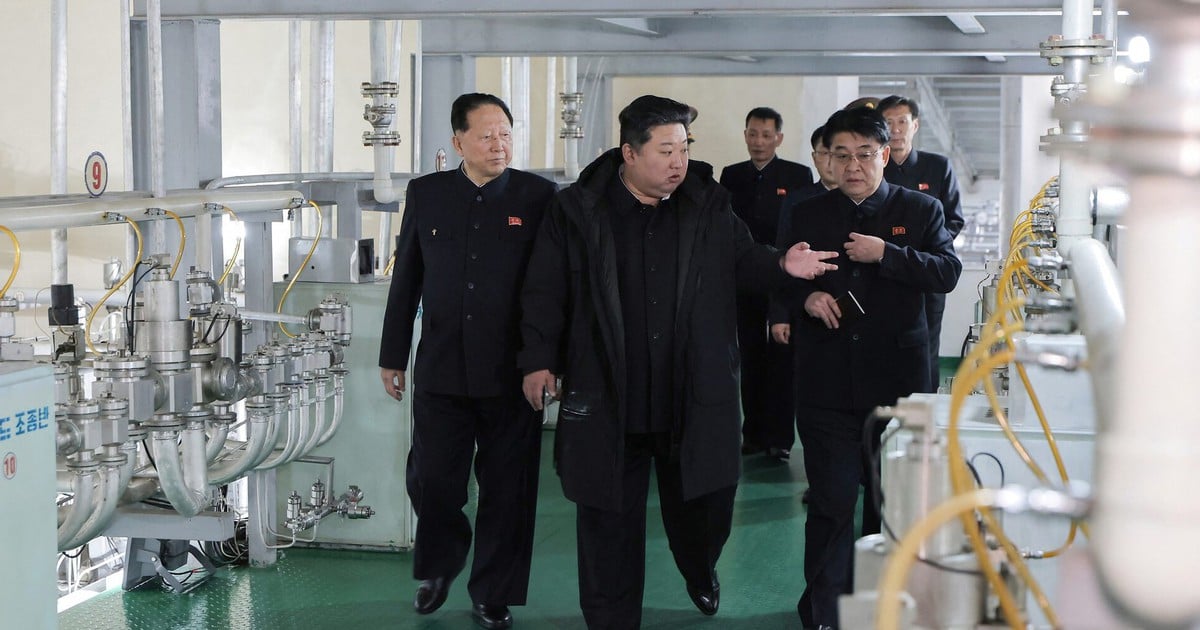
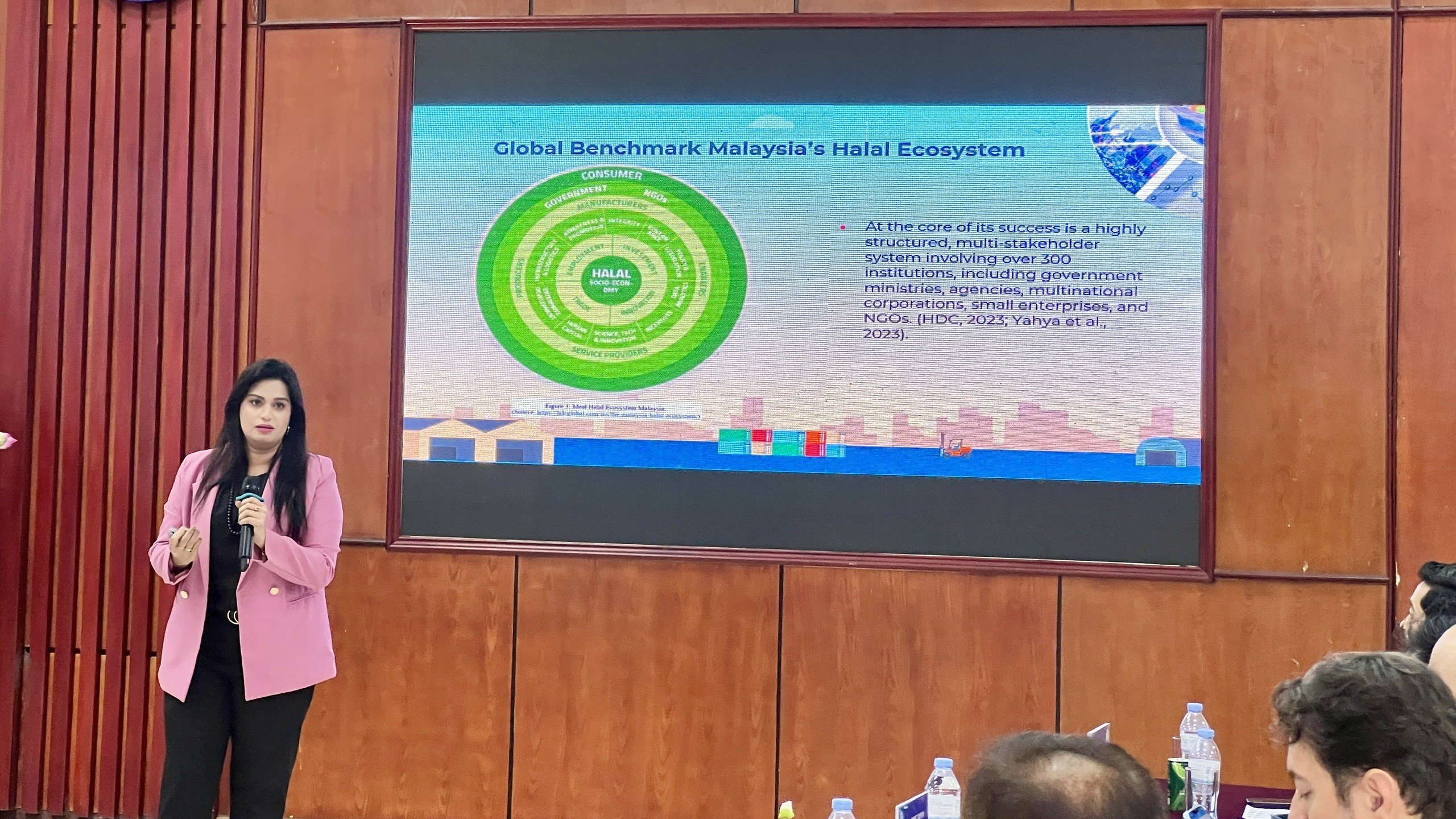

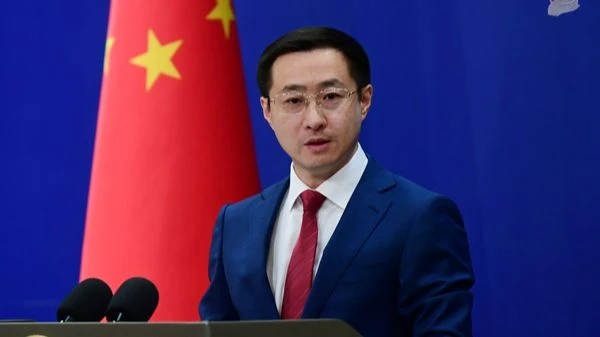
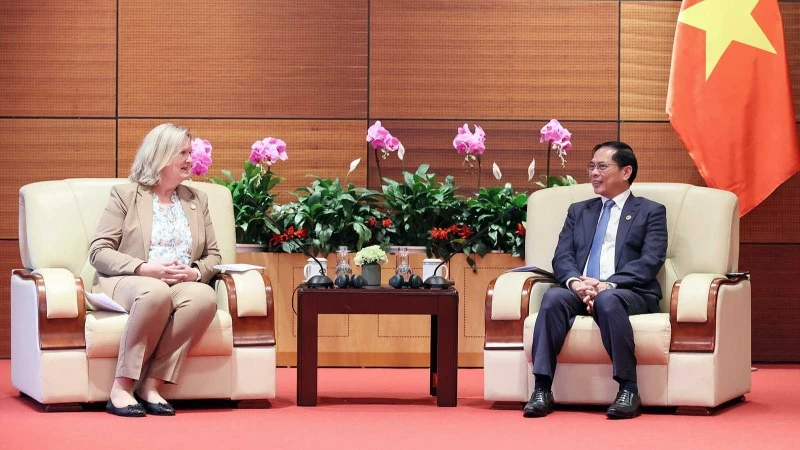

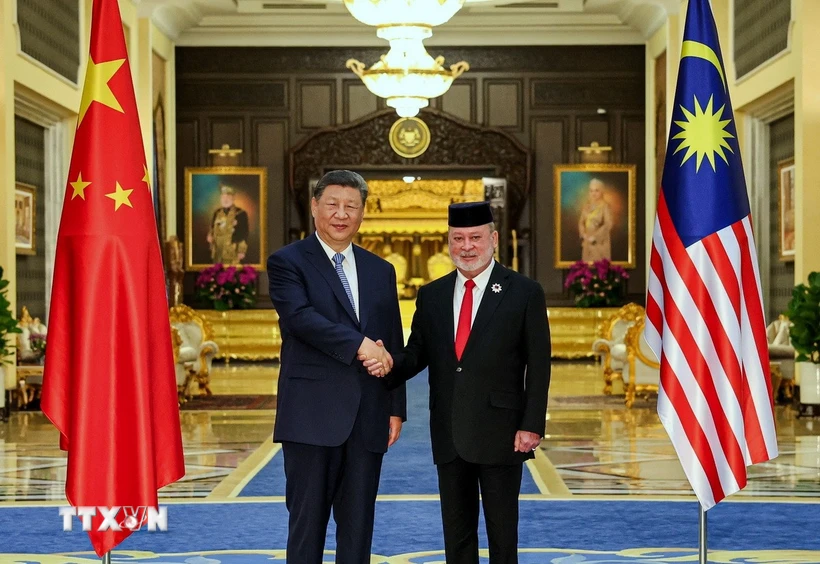





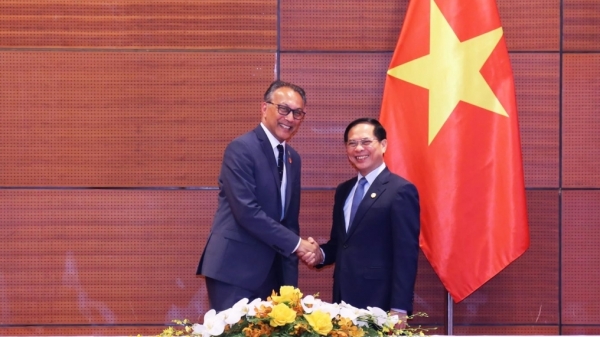

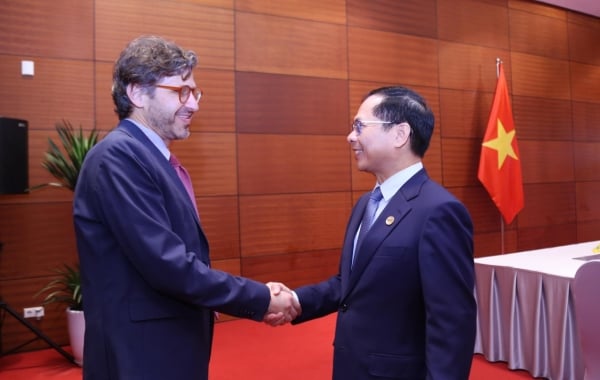
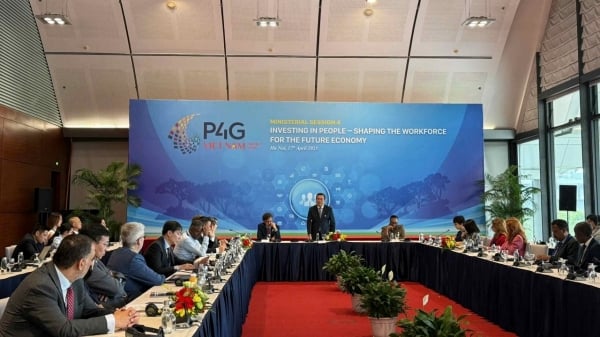

![[Photo] Welcoming ceremony for Chinese Defense Minister and delegation for friendship exchange](https://vstatic.vietnam.vn/vietnam/resource/IMAGE/2025/4/17/fadd533046594e5cacbb28de4c4d5655)



























![[Video] Viettel officially puts into operation the largest submarine optical cable line in Vietnam](https://vstatic.vietnam.vn/vietnam/resource/IMAGE/2025/4/17/f19008c6010c4a538cc422cb791ca0a1)



































Comment (0)